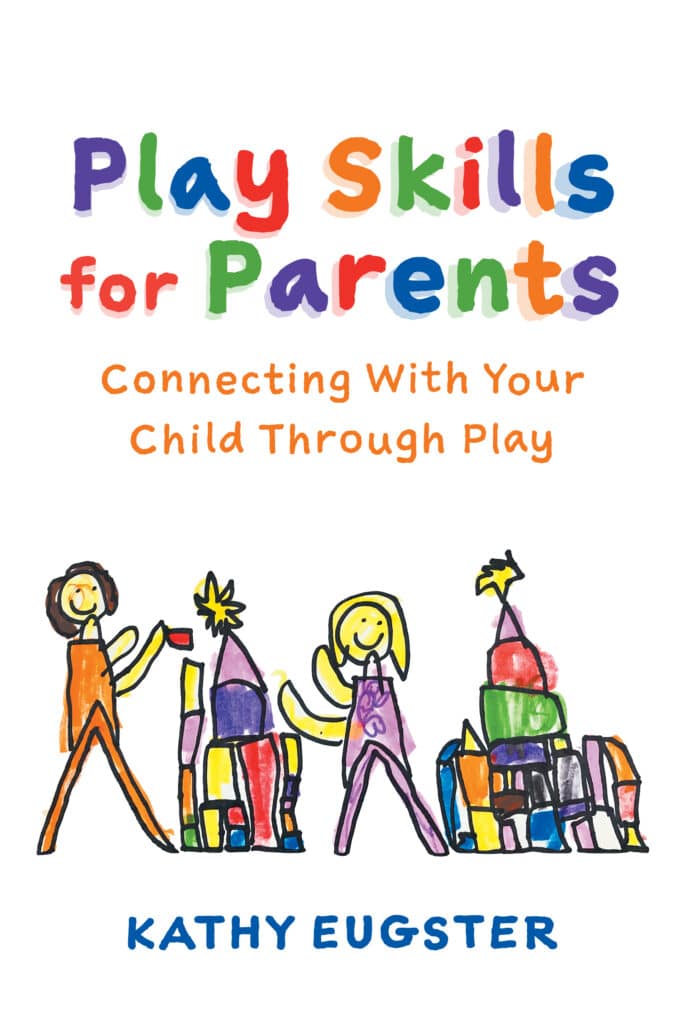The ongoing COVID-19 pandemic has forced parents to make a number of challenging decisions, and most recently, the predicament as to whether or not they should vaccinate their child. These decisions become more difficult still when it comes to parents who share the duties and responsibilities of raising their child though they are separated or divorced, and no longer live together.
As of November 19th, Health Canada has authorized the use of the Pfizer vaccine for children between the ages of 5 to 11. The BC Centre for Disease Control (the “BCCDC”) has since recommended that parents do vaccinate their children against the COVID-19 virus.
The court’s only consideration in matters involving children is “What is in the best interest of the child?”. In this regard, Canadian courts have almost universally favoured permitting the vaccination of the child.
Even before a COVID-19 vaccine was approved for use in Canada, the Ontario Court of Justice in Tarkowski v. Lemieux, 2020 ONCJ 280 gave a father the authority to vaccinate his 7-year old daughter. In this case, the mother was opposed to vaccines in general and had also initially refused consent to the child being immunized as an infant.
Fast forward to this summer when the vaccine became available for children aged 12 and up, the Queen’s Bench for Saskatchewan in O.M.S. v. E.J.S., 2021 SKQB 243 ordered that a 12-year old child be vaccinated against COVID-19 despite the child’s wish not to be vaccinated and a diagnosis of “possible” vaccine toxicity. The father sought to have his daughter vaccinated, but the mother vehemently opposed it.
Both of the parents in this case brought extensive medical evidence. In support of vaccination, the father brought evidence from an infectious disease physician, an assistant professor who is also a Canada Research Chair in emerging viruses in the Department of Medical Microbiology and Infectious Diseases at the University of Manitoba, as well as the child’s family physician since their daughter’s birth.
In opposition, the mother brought forward evidence from a family physician from another province that indicated he has a special interest in vaccines and is opposed to vaccinations with Pfizer, as well as an anesthesiologist and previously tenured professor regarding a “possible” vaccine toxicity diagnosis. While the court preferred the father’s expert evidence, the court did not rely on it.
Ultimately, the court’s decision relied on the facts that did not require evidence, as they were found to be “so notorious as not to be the subject of dispute among reasonable people”.
Consequently, the court refused to consider arguments relating to the legitimacy of the pandemic, the government’s response, and the safety or efficacy of vaccines approved by Health Canada. Instead, the court considered only what was in the best interest of the child, determined by factors such as the child’s needs, views or desires.
In this case, the child’s wish not to be vaccinated was considered but given little weight since the court was concerned that the child’s position was influenced by others. The court rejected the argument that the child’s needs were impacted by a medical diagnosis of “possible” vaccine toxicity. The visiting physician’s diagnosis was not definitive and was based on incomplete medical information.
The court held that it was in the child’s best interest to avoid contracting the virus, and that the most efficacious defense against contracting COVID-19 at this time is through vaccination.
Although BC courts have not yet weighed in on COVID-19 vaccines for children, they have consistently provided the pro-vaccine parent with the authority to make decisions about vaccinating the child in accordance with Public Health Department and Health Authority recommendations.
In both M.J.T. v. D.M.D., 2012 BCSC 863 and G.M. v. S.S., 2012 BCSC 1491, the Supreme Court of BC authorized the father to vaccinate his preschooler, despite the mother’s belief that pediatric vaccines contribute to autism in children. In these two cases, the court preferred medical evidence that demonstrated how the benefits of immunization for the child outweighed any risk of side effects.
In conclusion, each of these cases demonstrate that the vaccines approved by Health Canada and that are recommended by health authorities will almost universally be in the best interest of a child. Now that the Pfizer vaccine has been approved for younger children, paired with the BCCDC’s recommendation that parents vaccinate their children to keep them safe, co-parents in BC should be prepared for courts to conclude that vaccination is in the best interest of their child.
Author Bio
Chantal Cattermole is a senior partner at Clark Wilson LLP and co-chair to the firm’s Family Law practice.










